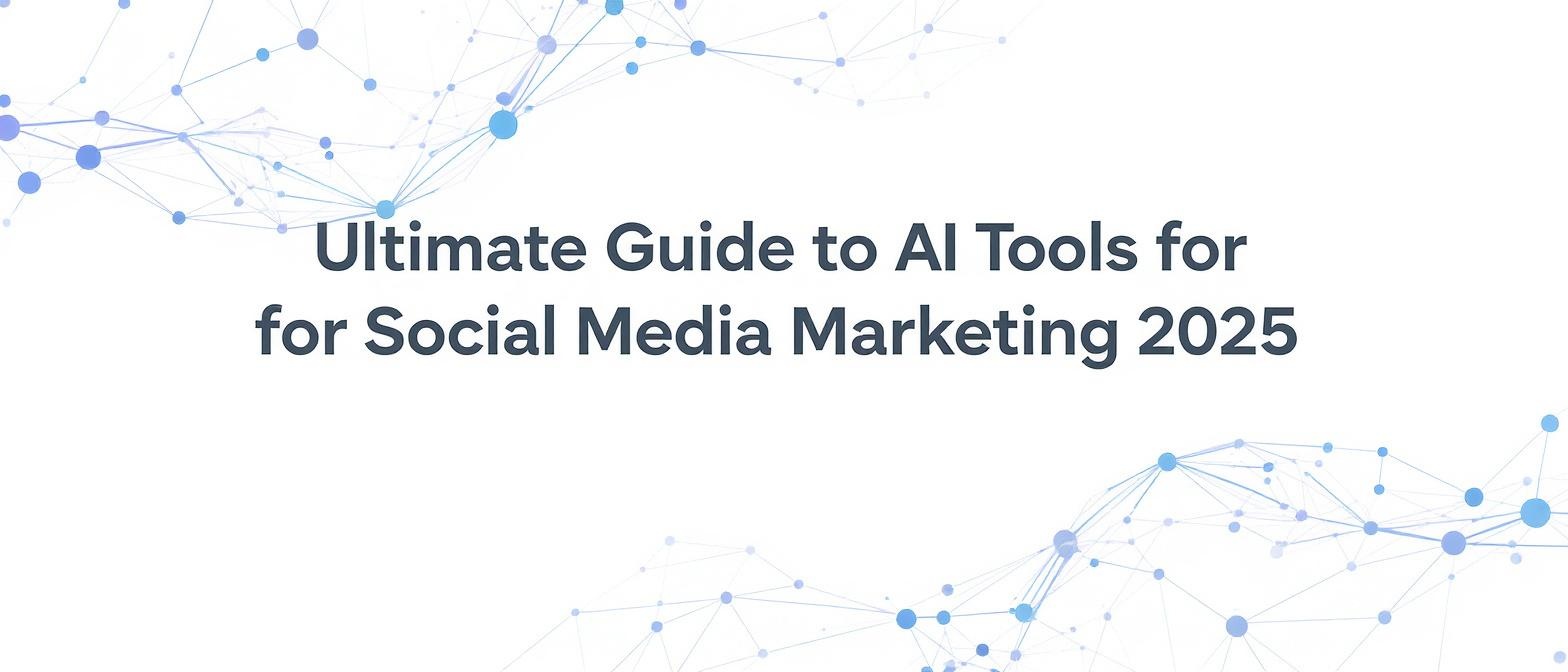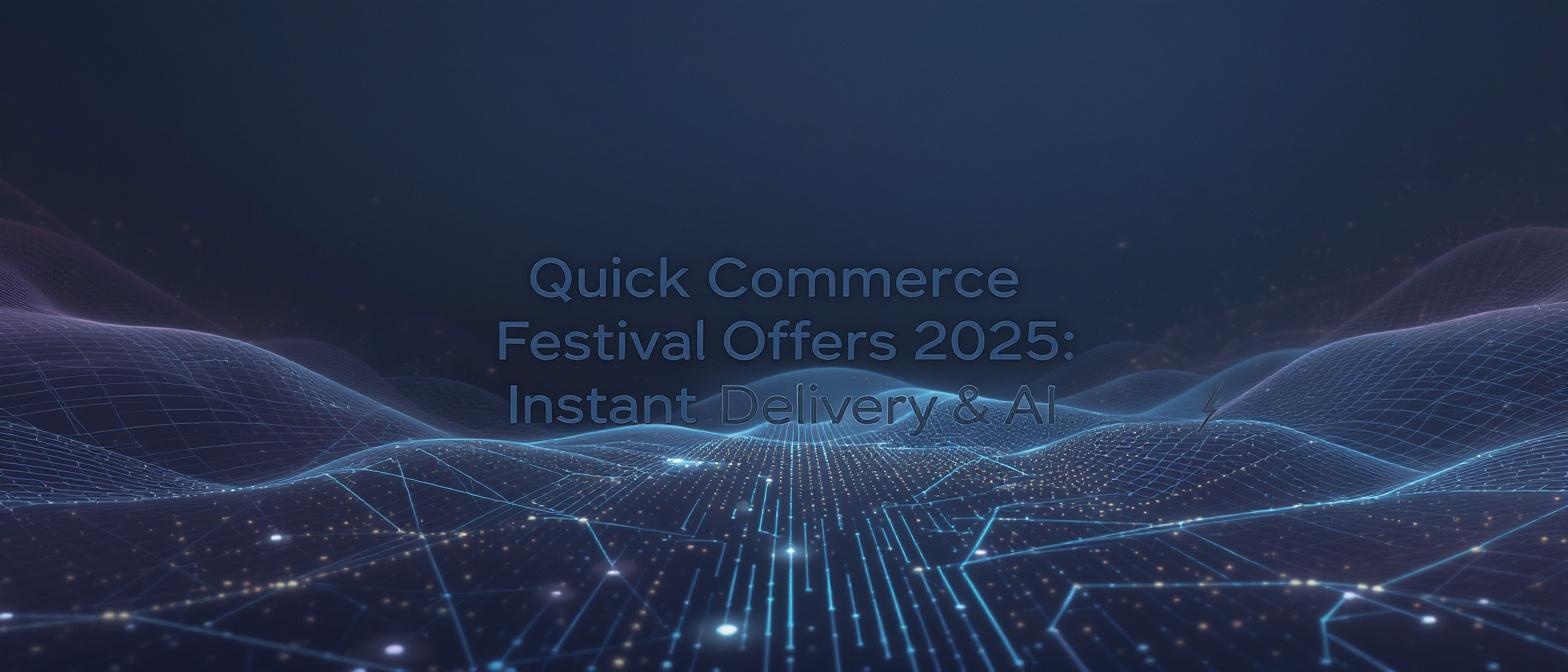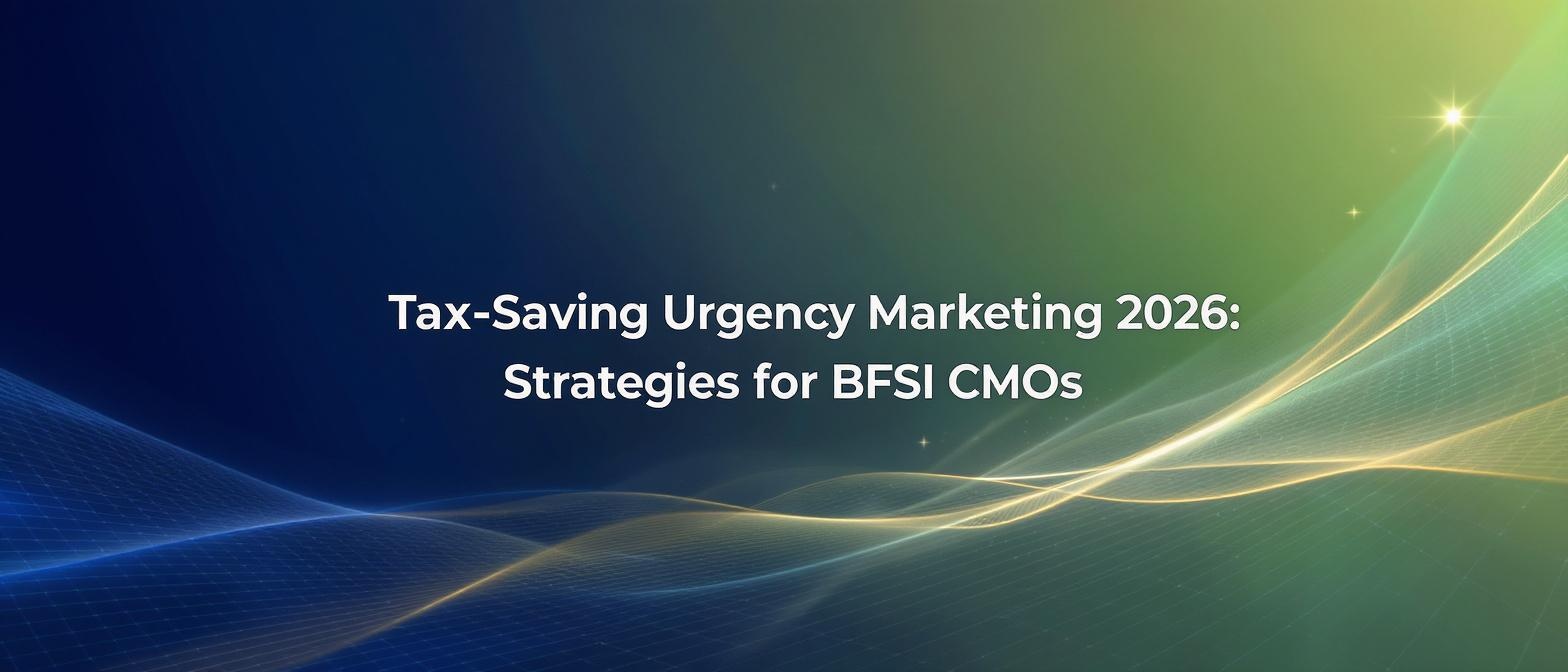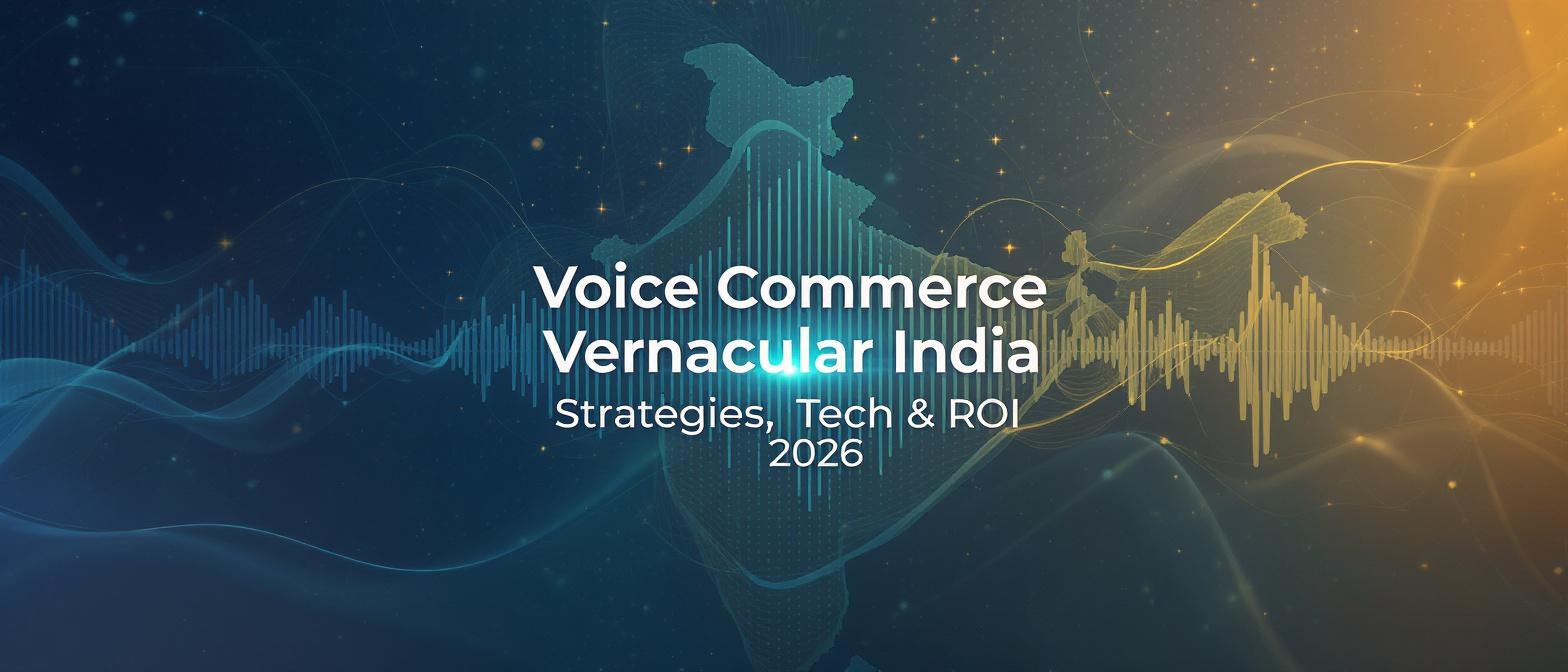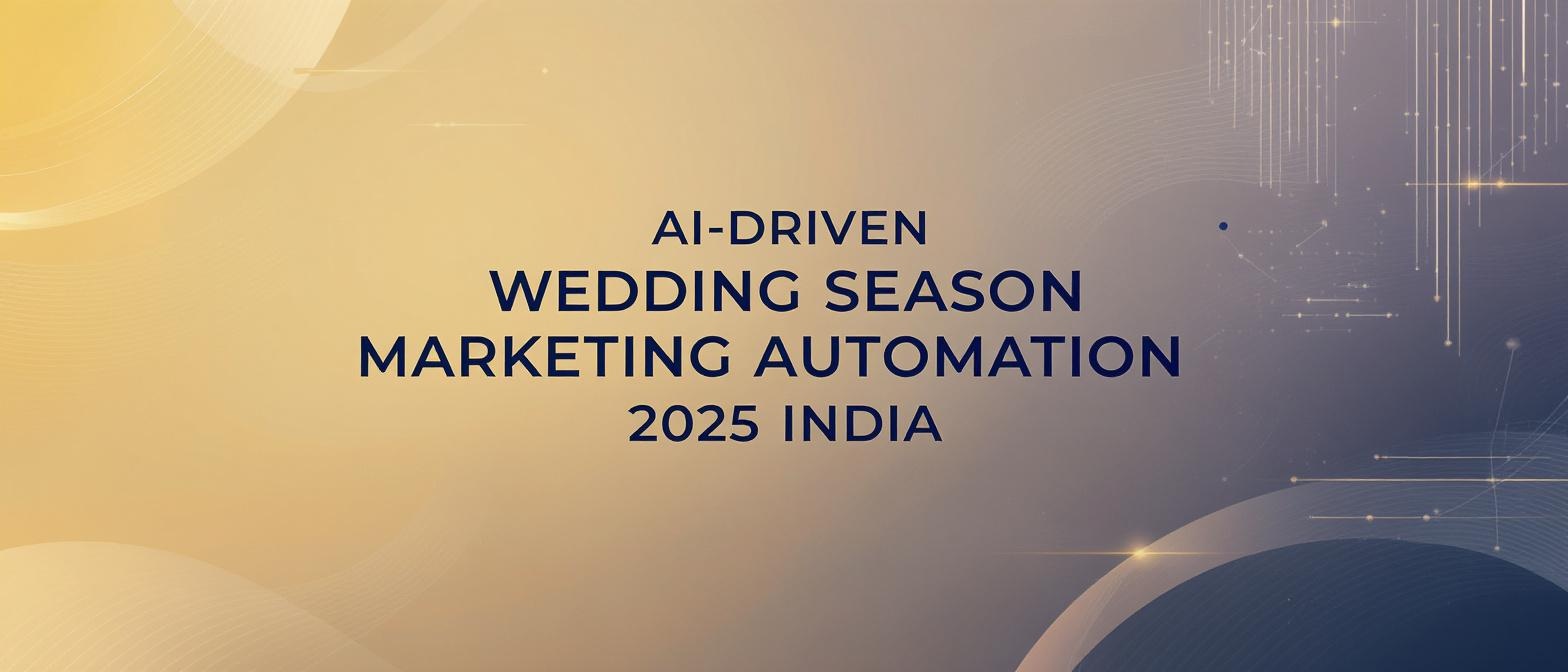The Ultimate Guide to AI Tools for Social Media Marketing in 2025: Beyond Automation
Estimated reading time: 12 minutes
Key Takeaways
- AI tools are now essential for social media marketing and no longer a luxury.
- Strategic integration across content creation, analytics, and audience insights delivers maximum impact.
- Embrace ethical considerations when deploying AI, focusing on transparency and data privacy.
- Begin with one pain point, prove ROI, and then scale to more advanced AI solutions.
In the sprawling digital landscape of 2025, where an estimated 5.42 billion people are active on social media, cutting through the noise is no longer just a challenge—it's a battle for relevance. For marketers, the pressure to create resonant, engaging, and high-converting content across multiple platforms is immense. The traditional playbook of manual posting and guesswork analytics is officially obsolete. This is where AI tools for social media marketing shift from being a futuristic luxury to an absolute necessity for survival and growth.
The social media advertising market is projected to skyrocket to $256.5 billion in 2025, and brands that fail to leverage intelligent automation will be left competing for scraps. But true success with AI isn't just about automating old processes. It's about unlocking new capabilities: creating personalized content at scale, predicting trends before they peak, and understanding your audience on a profoundly deeper level.
This guide goes beyond a simple list. We will deconstruct the essential categories of AI tools, present a curated list of the top platforms for 2025, and provide a strategic framework for integrating them to maximize your return on investment. Welcome to the new era of social media marketing.
Understanding the AI Toolkit: Key Categories for Marketers
Before diving into specific brand names, it's crucial to understand the functional categories where AI can revolutionize your workflow. A scattergun approach to adopting tools leads to wasted budget and complexity. Instead, a strategic marketer identifies their biggest bottlenecks and chooses solutions that address them directly.
1. AI for Content Creation & Generation
The most significant drain on marketing resources is the relentless need for fresh, high-quality content. AI has fundamentally transformed this space, moving from a simple text generator to a multi-format creative partner. It helps overcome creative blocks, scales production, and maintains brand consistency. This includes generating compelling ad copy, writing insightful blog posts, designing stunning visuals, and, most powerfully, producing video.
Video content remains king for engagement, but production costs and timelines have historically been a major barrier. Platforms like Studio by TrueFan AI enable the rapid creation of professional-grade video content using digital avatars, breaking down the barriers of traditional video production and making high-quality video accessible to all.
2. AI for Social Media Management & Automation
This is perhaps the most well-known application of AI in social media. These tools are the workhorses that handle the logistical heavy lifting. Beyond simple scheduling, modern AI-powered management platforms can analyze past performance to suggest the optimal times to post, automate responses to common inquiries, and streamline approval workflows for teams. By automating these repetitive tasks, marketers can reclaim valuable time to focus on high-level strategy and creative thinking. Research shows that AI can increase marketing-generated leads by up to 50% simply by ensuring consistent and timely communication. For a deep dive into optimizing these processes, the Content Marketing Institute offers invaluable resources on building efficient content workflows.
3. AI for Analytics & Performance Tracking
Data is useless without insight. The sheer volume of data generated by social media platforms is impossible for a human to analyze effectively. AI-driven analytics tools are the solution. They can perform real-time sentiment analysis to gauge brand perception, identify emerging trends from millions of conversations, and attribute social media activity directly to business outcomes like leads and sales. This moves marketing from a cost center to a predictable revenue driver. With the AI in marketing market valued at an astounding $47.32 billion in 2025, it's clear that data-driven decision-making is the new standard. Leading analyst firms like Gartner continuously publish research on the transformative impact of these analytical capabilities.
4. AI for Audience Insights & Segmentation
Who are you really talking to? AI helps answer this question with astonishing precision. By analyzing behavioral data, engagement patterns, and public conversations, these tools can build detailed audience personas that go far beyond basic demographics. This allows for hyper-targeted advertising and content personalization at a scale previously unimaginable. AI can identify niche communities, pinpoint key influencers, and segment your audience based on their likelihood to convert, ensuring your message reaches the right people at the right time.
The Top 10 AI Tools for Social Media Marketing in 2025
With a clear understanding of the categories, let's explore the top-tier tools that are defining the market in 2025. This curated list balances specialized, best-in-class solutions with comprehensive all-in-one platforms.
AI Video Generation
1. Studio by TrueFan AI
Description: An ethical and powerful AI video generation platform specializing in photorealistic, licensed avatars created from real influencers. It is designed for marketers who need to create scalable, high-quality marketing, training, and personalized sales videos without the complexity and cost of traditional production. Its core focus on brand safety and compliance (ISO 27001 & SOC 2 certified) sets it apart.
Key Features: Studio by TrueFan AI’s 175+ language support and AI avatars allow brands to create globally consistent yet locally relevant campaigns effortlessly. The platform boasts an intuitive in-browser editor, robust API integration for automation, and industry-leading content moderation.
Best for: Marketers, agencies, and enterprises prioritizing brand safety, global reach, and an ethical, consent-first approach to AI content.
2. HeyGen
Description: A widely recognized platform in the AI video space, HeyGen offers a vast library of stock avatars and pre-made templates. It allows users to quickly generate AI avatar videos for various use cases, from social media updates to product presentations.
Best for: Teams looking for rapid, template-based video creation for day-to-day social media content.
Content & Copy Generation
3. Jasper (formerly Jarvis)
Description: Jasper is an advanced AI writing assistant that has become a go-to for marketers globally. It leverages multiple AI models to produce high-quality, context-aware copy for virtually any need, including Facebook ads, Instagram captions, blog posts, and video scripts. Its “Brand Voice” feature allows it to learn and adopt your specific tone and style.
Best for: Content teams and agencies that need to produce a high volume of quality written content while maintaining brand consistency. Learn more at Jasper.ai.
All-in-One Social Media Management
4. Sprout Social
Description: A comprehensive social media management platform that deeply integrates AI into its core features. Sprout Social offers scheduling, publishing, and inbox management, but its AI shines in its analytics and listening tools. It provides AI-powered suggestions for optimal send times, trend analysis, and sentiment scoring.
Best for: Small to enterprise-level businesses seeking a unified, data-centric solution for managing their entire social media presence.
5. Hootsuite
Description: One of the original players in social media management, Hootsuite has evolved by incorporating powerful AI features. It excels at managing a large number of social profiles across various networks and now uses AI to help users discover content ideas, generate captions, and identify the best times to post for maximum engagement.
Best for: Organizations and agencies managing complex social media portfolios that require robust scheduling and collaboration tools.
Advanced Analytics & Listening
6. Brandwatch
Description: A heavyweight in consumer intelligence and social listening. Brandwatch uses sophisticated AI to analyze billions of online conversations in real-time. It can track brand sentiment, identify key themes in consumer discussions, and provide deep market research insights that inform entire marketing strategies.
Best for: Enterprise-level companies that need to conduct in-depth brand monitoring, competitor analysis, and market research.
7. Talkwalker
Description: Talkwalker provides a 360-degree view of brand conversations by pulling data from social media, blogs, news sites, and forums. Its AI-powered platform offers features like image and video recognition, predictive analytics that forecast viral trends, and deep sentiment analysis, making it a powerful tool for PR and crisis management.
Best for: Brands focused on deep competitive intelligence, crisis management, and understanding the full context of their online presence. Explore their offerings at Talkwalker.com.
Content Curation & Ideation
8. BuzzSumo
Description: An indispensable tool for content strategists. BuzzSumo’s AI scours the web to identify high-performing content, trending topics, and relevant questions people are asking online. It helps you understand what resonates with your audience, find key influencers in your niche, and generate data-backed ideas for your content calendar.
Best for: Content marketers and SEO specialists focused on creating content that has a high probability of ranking and earning shares.
Design & Visuals
9. Canva Magic Studio
Description: Canva has evolved from a simple design tool into a comprehensive visual communication platform with a powerful suite of AI features called Magic Studio. Users can generate images from text prompts (Text to Image), create entire presentations (Magic Design), and use AI to write copy (Magic Write), all within the familiar and user-friendly Canva interface.
Best for: Marketing teams of all sizes that need to create a wide variety of on-brand visual assets—from social posts to videos—quickly and efficiently.
Marketing Strategy & Automation
10. HubSpot Marketing Hub
Description: HubSpot integrates AI across its entire marketing, sales, and service platform. Within the Marketing Hub, AI is used for lead scoring (predicting which leads are most likely to close), email optimization, content personalization on websites, and generating campaign ideas. Its strength lies in connecting social media activity directly to the CRM and revenue.
Best for: Businesses of all sizes that are focused on converting social media engagement into measurable business growth and sales.
The Strategic Imperative: Integrating AI for Maximum ROI
Simply subscribing to a few AI tools won't guarantee success. The real transformation comes from strategic integration into your marketing operations.
How to Choose the Right AI Tool
Before you invest, evaluate potential tools against these four critical factors:
- Business Goals: What is your primary objective? Increased engagement, lead generation, or brand awareness? Choose tools that specialize in that outcome.
- Budget: Solutions range from affordable monthly subscriptions to enterprise-level contracts. Start small, prove the ROI, and scale your investment.
- Scalability: Will this tool grow with you? Look for platforms with flexible plans and robust API capabilities that can handle increased volume and complexity.
- Integration: Does the tool play well with your existing marketing stack (e.g., your CRM, email platform, or project management software)? Seamless integration prevents data silos and streamlines workflows.
The ROI of AI in Social Media
The business case for AI is compelling. With 92% of businesses planning to increase their investment in generative AI, the competitive advantage is clear. The return on investment manifests in both cost savings and revenue growth.
Solutions like Studio by TrueFan AI demonstrate ROI through significant reductions in video production costs and timelines, while enabling hyper-personalization at scale that was previously impossible. This dual benefit of efficiency and effectiveness is what makes AI a truly transformative investment.
The Ethical Compass: Navigating AI in Marketing
With great power comes great responsibility. The rise of AI, particularly generative AI, brings ethical considerations to the forefront. Issues of transparency (is this content AI-generated?), deepfakes, and data privacy are paramount. Consumers are increasingly savvy and value authenticity. Using AI ethically means being transparent, respecting user privacy, and partnering with platforms that are committed to content moderation and preventing misuse. For further reading, Forbes regularly features expert opinions on navigating the complex landscape of AI ethics in marketing.
The Future is Now: 2025 and Beyond
The evolution of AI in social media is accelerating. Looking ahead, we can expect several trends to dominate:
- Hyper-Personalization: AI will enable one-to-one marketing at a mass scale, with ads, content, and chatbot interactions tailored to individual preferences.
- AI-Driven Social Commerce: AI will streamline the path from discovery to purchase entirely within social platforms, using personalized recommendations and AR try-on features.
- The Proliferation of AI Avatars: Digital humans and brand representatives will become commonplace for customer service, product demos, and social media storytelling.
Studies suggest AI can reduce content creation costs by as much as 30% while simultaneously boosting its effectiveness. This isn't a distant future; it's happening right now.
In conclusion, AI is no longer just another tool in the marketer’s toolbox; it is the master craftsman. It’s a strategic partner that can augment human creativity, automate laborious tasks, and provide the data-driven insights needed to win in the hyper-competitive world of social media. The brands that will dominate the conversation in 2025 and beyond will be those that embrace this partnership, integrating AI not just as a tactic, but as a core component of their marketing DNA. The time to start is now. Audit your current workflow, identify the single biggest bottleneck, and find an AI tool that can solve it. Your future self will thank you.
Frequently Asked Questions
1. How can a small business with a limited budget start using AI for social media?
Many powerful AI tools offer free or low-cost starter tiers. Begin by leveraging the AI features already built into platforms you use, like Canva’s Magic Studio or the AI assistants in many social media schedulers. Focus on one high-impact area first, such as using an AI copywriter to improve your ad copy, before investing in more comprehensive platforms.
2. What are the biggest risks of using AI in social media marketing?
The primary risks include over-automation leading to impersonal or off-brand messaging, potential for factual errors or biases in AI-generated content, and the ethical implications of using deepfake technology or not being transparent about AI usage. It’s crucial to have human oversight and partner with platforms that prioritize ethical guidelines.
3. How does AI help with A/B testing social media content?
AI supercharges A/B testing by rapidly generating numerous variations of an ad or post—different headlines, images, calls-to-action, and body copy. It can then use predictive analytics to forecast which combinations are most likely to succeed with specific audience segments, and automatically allocate budget to the winning variations in real-time, dramatically improving campaign efficiency.
4. Can AI completely replace a human social media manager?
No. AI is a powerful assistant, not a replacement for human strategy, creativity, and empathy. AI can handle data analysis, content generation, and scheduling, but it cannot replicate the nuanced understanding of brand voice, community management, and high-level strategic thinking that a human expert provides. The most successful teams use AI to augment their human talent, not replace it.
5. What’s the difference between AI-generated avatars and deepfakes?
The key difference lies in consent and intent. Ethical AI avatar platforms use models or actors who have given explicit, compensated consent to have their likeness used to create a digital twin. These platforms have strict content moderation to prevent misuse. Deepfakes, conversely, typically involve using someone’s likeness without their permission, often for malicious or deceptive purposes like misinformation.
6. How can I measure the success of my AI-powered social media campaigns?
You measure success using the same core marketing KPIs: engagement rate, click-through rate (CTR), conversion rate, and return on ad spend (ROAS). The advantage of AI is that it can track and attribute these metrics with greater speed and accuracy. For video content, platforms like Studio by TrueFan AI can be integrated into your analytics to track metrics like view duration and audience retention, providing clear data on how your AI-generated content is performing and contributing to your business goals.

